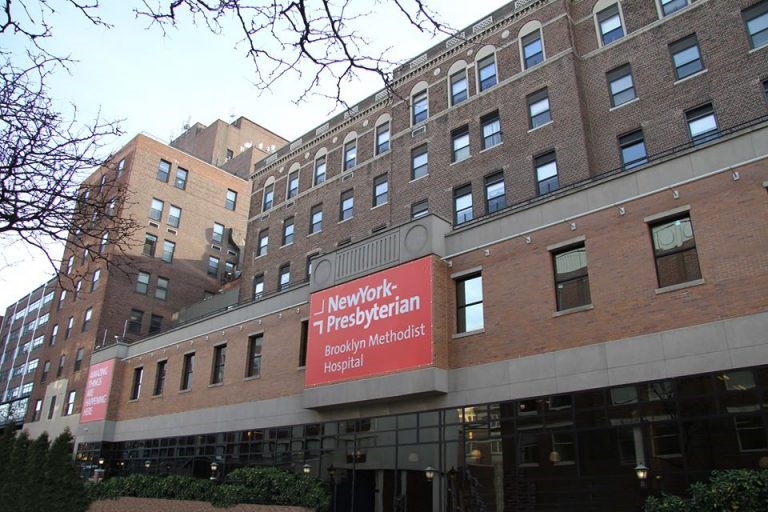This week, federal and New York state authorities reached a settlement agreement with New York-Presbyterian/Brooklyn Methodist Hospital over alleged fraudulent acts, United States Attorney Breon Peace announced.
The Brooklyn hospital agreed to pay $17.3 million to resolve allegations of unlawful kickbacks paid to physicians at its chemotherapy infusion center.
The investigation reportedly revealed a contractual arrangement tying physicians' compensation to the number of referrals they made for services at the chemo center, violating Medicare and Medicaid rules in the process.
Medicare and Medicaid regulations prohibit physicians from receiving any kind of payments in exchange for patient referrals to ensure they make medical decisions based solely on the needs of their patients, according to a release.
Additionally, the settlement also addressed concerns regarding the supervision of chemotherapy services at the infusion center.
On multiple occasions, the chemotherapy center allegedly billed Medicare and Medicaid for services provided by non-physicians (nurses, etc.) without adequate physician supervision, a requirement for many care practices.
The Brooklyn hospital was ordered to pay $16.41 million to the U.S. federal government, while the remaining $890,000 will go towards the state of New York.
Notably, New York-Presbyterian/Brooklyn Methodist Hospital shared the issues brought about in the case by its own volition.
“This settlement addresses a compensation scheme that incentivized physicians to make referrals for services based on how much they would be paid and were essentially kickbacks,” said United States Attorney Peace.
“New York-Presbyterian/Brooklyn Methodist Hospital voluntarily self-disclosed the conduct to the United States, which allowed it to mitigate the penalties associated with the conduct.”




